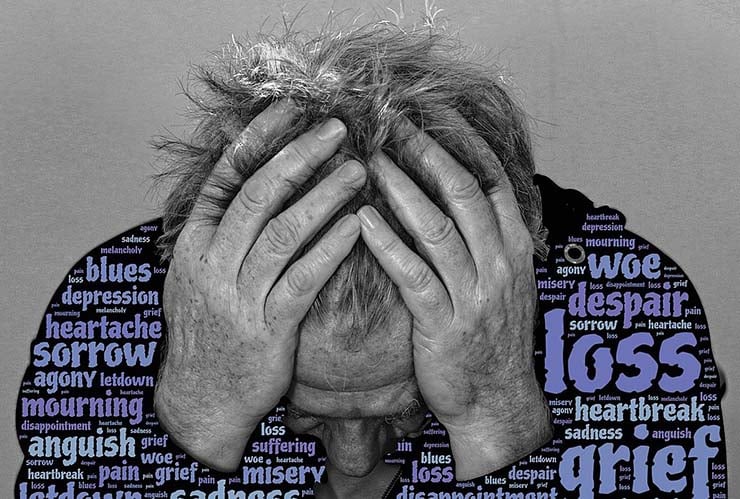In the aftermath of Donald Trump’s re-election, we’ve seen not just a political defeat for the left but, for many, there has been a profound unraveling of personal stability. This isn’t merely a political story; it’s a lesson of human fragility, where the emotional toll of electoral outcomes has become devastatingly clear. In what now seems like a grim prophecy, Mark Halperin warned of a mental health crisis of historic proportions should Trump win again. His foresight, unfortunately, was on target, as a series of alarming statistics demonstrates.
Halperin’s prediction wasn’t just about political fallout; it was about understanding how deeply some have entwined their personal identities with political ideology. The American Psychological Association’s election season survey confirms this, revealing that 77 percent of Americans felt significant stress over our nation’s future, directly tied to the race. For the left, this stress wasn’t related only to policy; it was an existential crisis, where, as Halperin anticipated, many felt a profound alienation from America itself.
The numbers from the APA paint a picture of widespread distress: 43 percent of adults reported feeling more anxious than the previous year due to current events, including the election. This isn’t just about losing an election; it’s about a segment of society that seems to have lost touch with reality, where political defeat translates into personal despair.
The personal impact here is staggering. Halperin warned of social disintegration, and the APA’s data show us how this plays out. A staggering 62 percent reported that the election negatively affected their daily lives, impacting everything from their sleep to diet. In workplaces, the political divide has turned professional environments into battlegrounds, with 38 percent of workers feeling this tension. It isn’t just political; it’s a testament to how the left has allowed politics to invade every aspect of life, fracturing relationships and careers.
The Trevor Project, a nonprofit group claiming to promote the health and well-being of LGBTQ+ youth, released some alarming statistics. They report a 700 percent surge in crisis calls from LGBTQ+ youth in the wake of Trump’s victory. This isn’t just about policy fears; it’s about a community that’s been taught their very existence hinges on political outcomes. Yet, per the APA, only 24 percent of those stressed by the election sought professional help, highlighting a refusal to face reality head-on while preferring to wallow in political despair.
Social media, which should connect people, has instead become a megaphone for despair for too many on the left. The APA found that 46 percent of those stressed by the election felt social media worsened their anxiety. It’s clear now that these platforms have turned into echo chambers, amplifying personal and collective grief, where every political update can push someone closer to the edge.
The APA’s research doesn’t just quantify; it humanizes the struggle. With Democrats reporting significantly more poor mental health days during election season, and 59 percent experiencing physical symptoms of stress, their narrative is one of suffering. Even more unnerving, one in 20 Americans reported suicidal thoughts due to political distress, a stark indicator of the severity of this crisis.
While some might point to grassroots movements as a sign of hope, I see it as so-called “progressives,” pseudo-liberals, and lefty malcontents cleaning up after their own ideological mess. Yes, there’s resilience, but it’s resilience born of failure to accept uncongenial political outcomes.
This crisis isn’t just about the left; it’s a reflection of where we’ve gone as a society—or whatever passes for one in today’s America. With the APA discovering that 40 percent of Americans note politics as a significant stressor, an astute observers might ask: Has this country spawned a culture where mental health is a casualty of political warfare?
This is less about compassion for the left than it is about holding up a mirror ideological excess. The mental health fallout from this election is a human issue, indeed, but it is one largely because of the way the left has tied personal well-being to political success and power. It would be wise for the left to reevaluate this approach to human happiness.
The health of our nation isn’t measured merely by political victories, but by how we manage adversity, by the strength to rise above partisan despair, and by the courage to see beyond our political labels. Let’s strive for a society where mental health is not measured by election results, where people look to licensed professionals (not politicians) for psychological support, and where action is taken to heal, not just to protest.

Leave a Reply